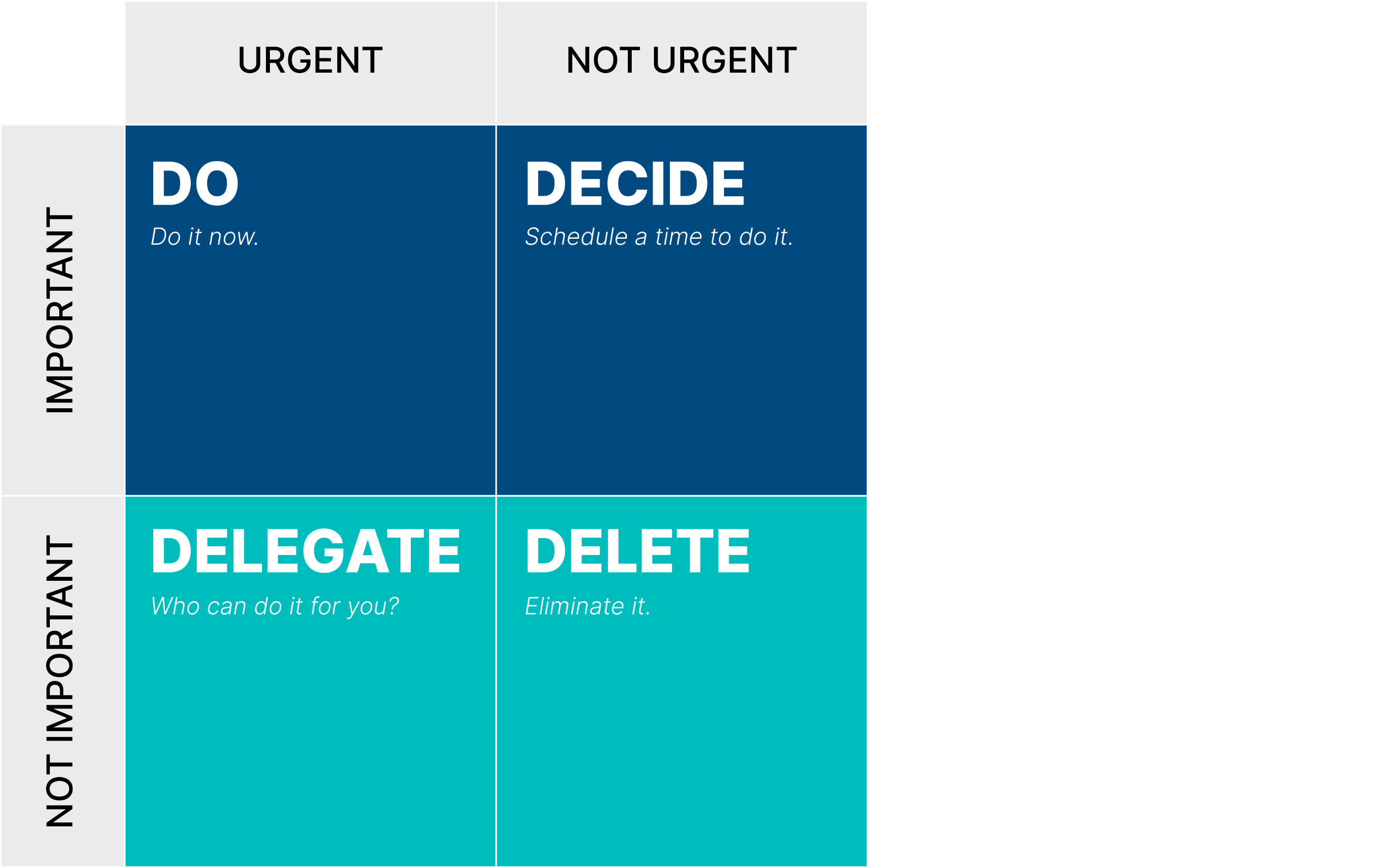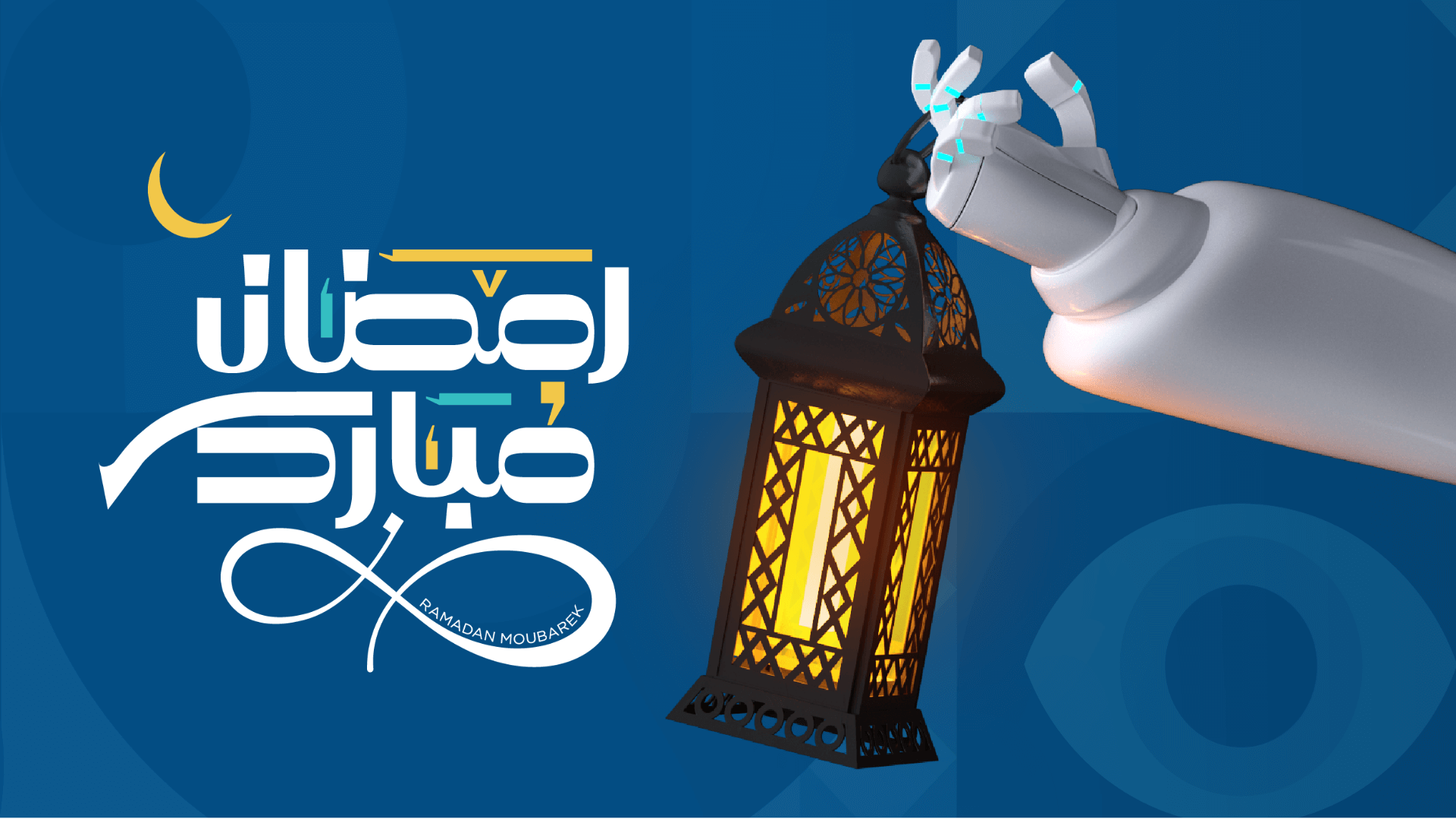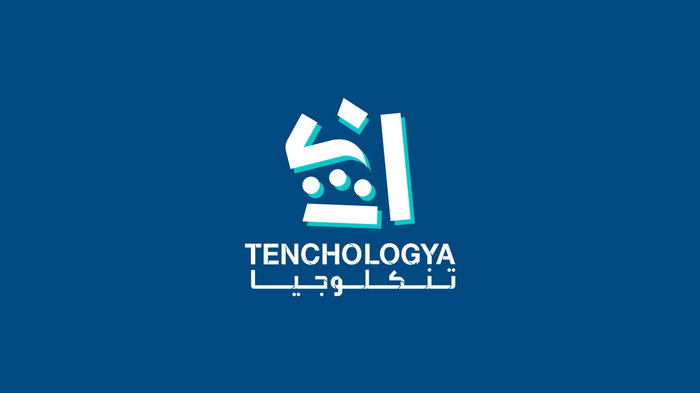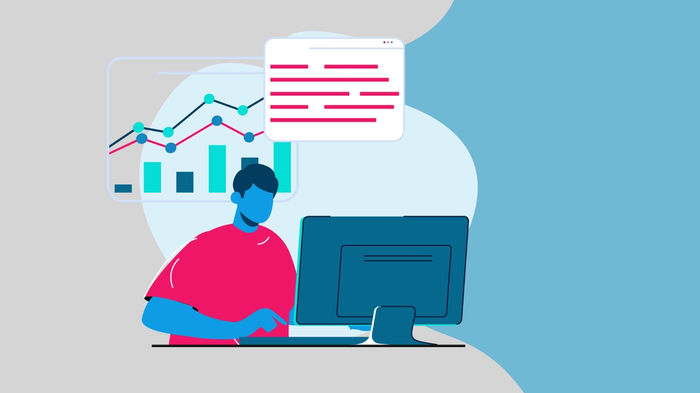Ramadan, the spiritual month we've been longing for a year, is finally here!
Those fasting may prefer to take the month off and focus on refilling their spirits with Ramadan positive vibes, but not all of us have this opportunity at hand!
Fasting for a month is a lifestyle, challenging event, affecting our body energy levels and, hence, our productivity considerably. So, how can we maintain a healthy, productive work-life balance, or rather work-spiritual life balance, during Ramadan?!
The secret lies in good time management, an essential life skill that we might all hear of, applied before, and even seen their impact on our lives, boosting our productivity and keeping us more grounded in our daily to-do lists. Here we gathered some techniques to enhance this essential skill in practical steps drawn from scientific resources.
1. Be Consciously Aware of Your Time
We, as humans, tend to misestimate time due to overconfidence or sometimes self-doubt. While that might merely relate to unrealistic planning, it might lead us all to question our capacities. So, the first step to better time management is to be consciously aware of your time and productivity, especially in abnormal times such as Ramadan. Work on being mindful of how many minutes, hours, or days your specific tasks take and which hours of the day you're most productive.
Tip: try to keep your daily routine as it is before Ramadan! Get enough sleep at night & avoid sleeping after Sahoor to capitalize on the morning hours cause that's when you're most hydrated and energized, then have the rest of the day to focus on your spirituality practices.
2. Find A Suitable Time Management Method for You!
During Ramadan, our productivity time is noticeably pressed down, so we need to make the most out of it, right? That's where time management techniques come in handy. There are plenty, of course, but the key is to find the one that works for you the best! Here, we listed three widely used time management techniques, tackling three issues we all experience: short attention spans, prioritization difficulties, and procrastination.
i. The Eisenhower Technique: Urgent-Important Matrix
As probably its name indicates, the matrix was named after Eisenhower, the 34th president of the US. It’s a pretty straightforward but valuable technique for those struggling to prioritize tasks. The matrix categorizes tasks by urgency and importance, leaving out other tasks for delegation or cancelation. Organize your task list into four separate lists, sorting them into 4 separate lists: important vs. unimportant and urgent vs. not urgent. Urgent ones are to be done immediately, preferably when you are most productive, while important tasks contribute to your long-term goals.

ii. The Pomodoro Technique
Do you find yourself unfocused when carrying on tasks? the Pomodoro theory, named after the tomato-shaped timer and created by Francesco Cirilo, says that any large task can be broken down into short time intervals, or POMODOROS. This technique works for those with short attention spans or are easily distracted. And it helps in taking organized, necessary breaks from work during fasting to refresh.

Select a task, set a timer for 25 minutes, and start working. When it rings, take a short break for 5-7 minutes. Repeat the same process. Once you have completed four rounds, take longer breaks of 20–30 minutes.
iii. Parkinson’s law
As the famous Cyril Northcote Parkinson says: “work expands to fill the time available for its completion," a task time could extend as long as you give it. So, if you're struggling with task overstretching in time, try the Parkinson’s method. It's based on eliminating the distracting factor by setting a deadline, giving yourself a set time to do something, and then cutting it in half.
There are different ways; for example, you could try working without a computer charger to finish before it dies. You could also get it done early; instead of designing a Logo by 11 am, try to get it done by 9 am.
3. Carry the day with comfort and ease
Our work environment affects our productivity as well. Make sure you have the best, most comfy, work setting to carry out your day. And as a final reminder, don't be hard on yourself! Ramadan should not be squeezing over our heads, but rather it should be viewed as an opportunity to embrace resilience, self-discipline, and consistency.







